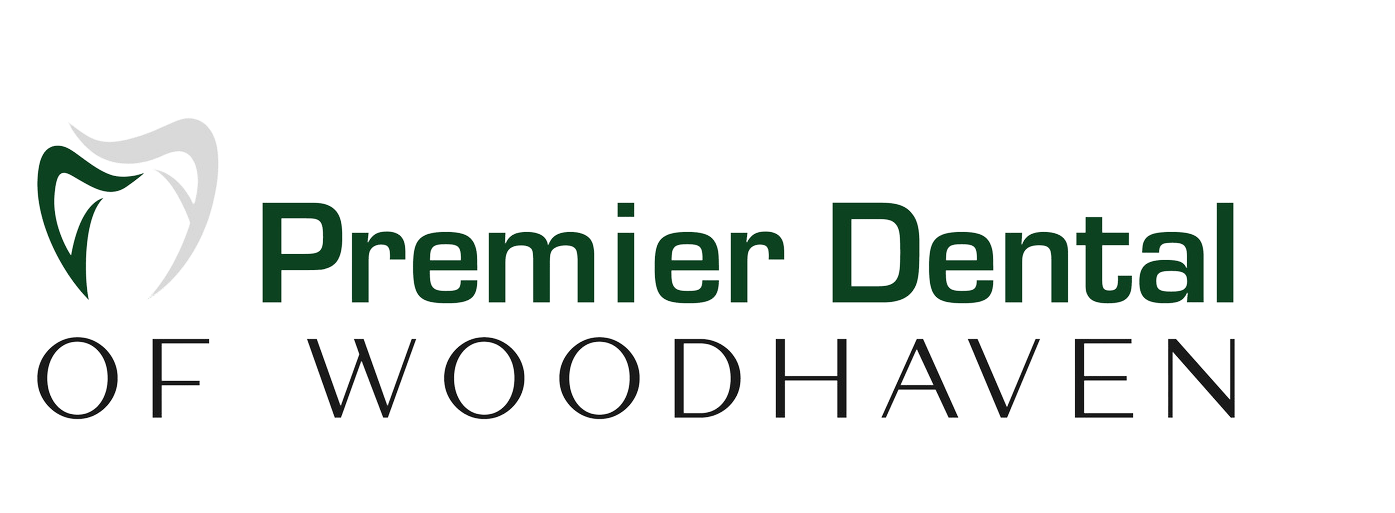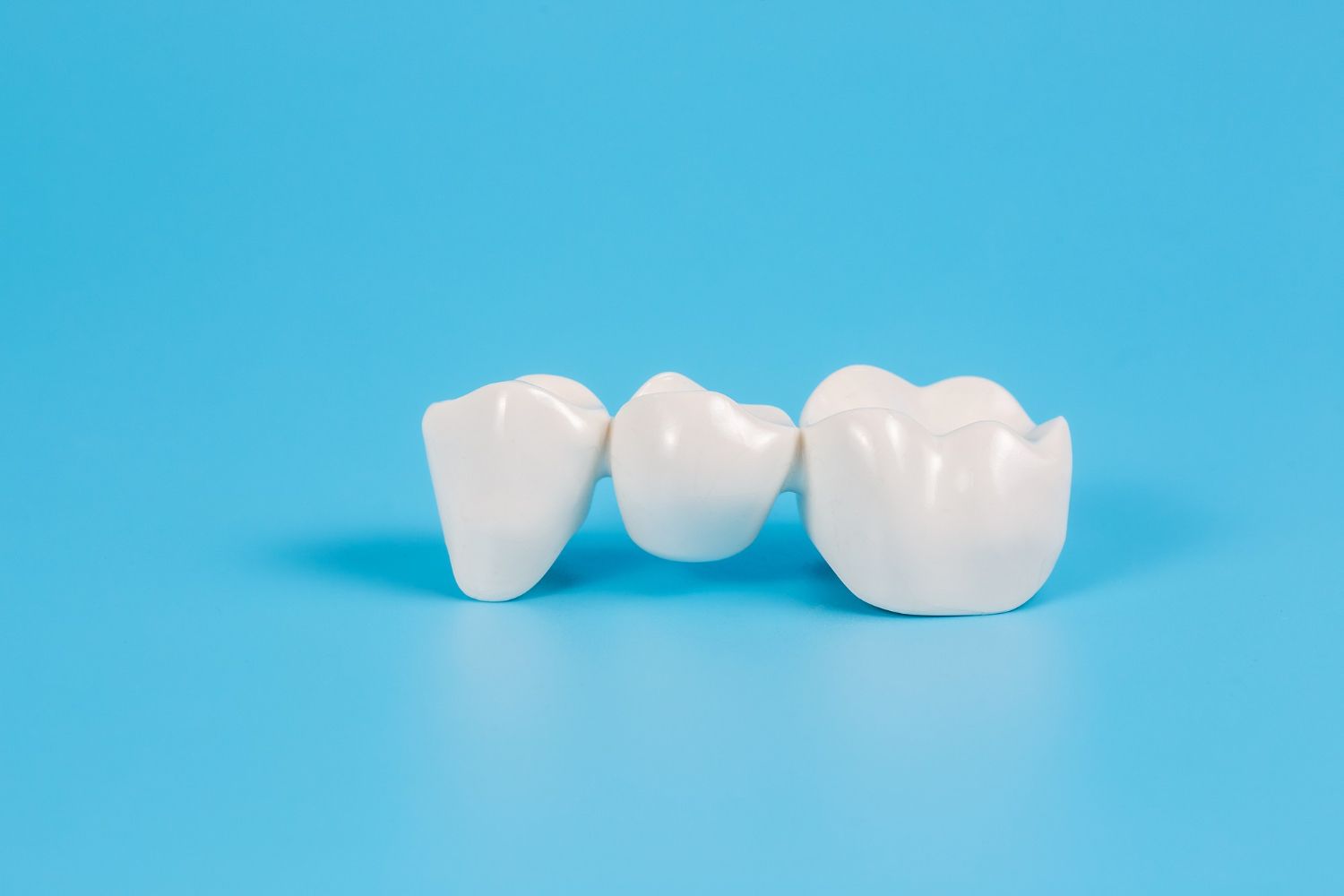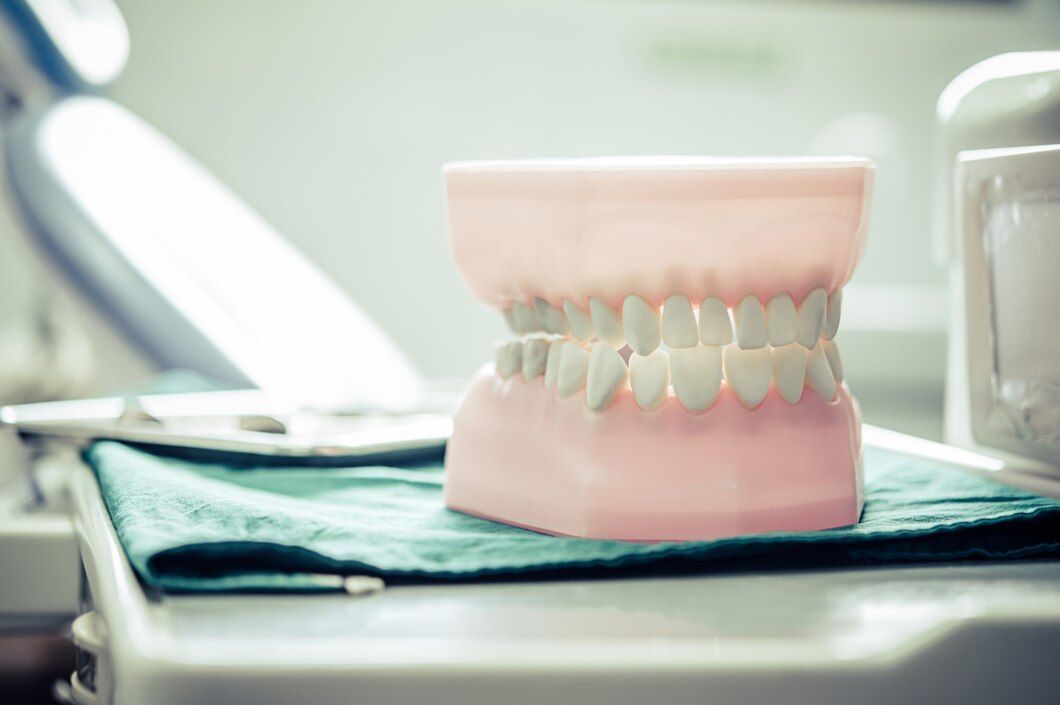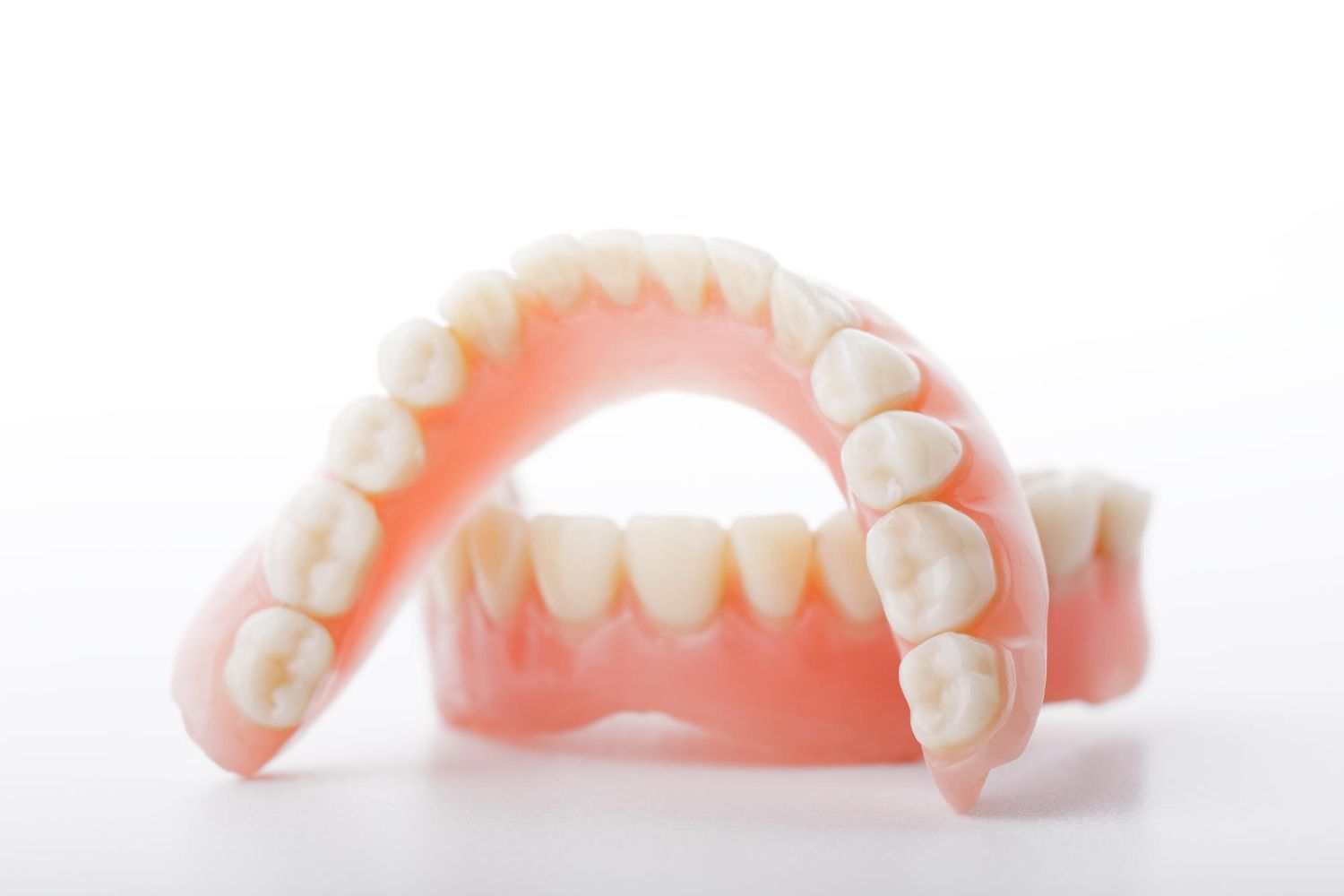Why Your Tooth Might Need Extraction: Common Causes
Tooth extraction might sound daunting, but it's sometimes necessary for maintaining good dental health. When a tooth is beyond repair, removing it can help prevent further oral issues. Extractions can offer relief and protect the rest of your mouth, ensuring that your smile stays healthy.
Sometimes teeth need extraction due to severe decay, damage, or infection. These issues can lead to pain and other serious problems if left untreated. Gum disease and overcrowding also play a role in why a tooth might need to be pulled. Understanding these reasons can help you make informed decisions about your dental health.
In Woodhaven, NY, dental professionals are ready to help assess when a tooth needs to be removed. Knowing the common causes and being proactive in your dental care can ensure your teeth and gums remain strong.
Whether it's to relieve pain or prepare for orthodontic treatment, extractions are a valuable tool in your oral health toolkit.
Understanding the Need for Tooth Extraction
Tooth extraction involves removing a tooth from its socket in the bone. This procedure is essential when preserving oral health, especially if a tooth poses risks to the surrounding teeth or gums. It acts as a preventive measure against more severe dental issues that might arise from leaving a damaged or unhealthy tooth in the mouth.
There are several common reasons why a tooth might need to be removed. Wisdom teeth, which often emerge in late adolescence, can become problematic if they don't have enough space to grow properly. They might become impacted, causing pain and potential issues for other teeth. In such cases, extracting them is often the best solution.
Another reason is the presence of overcrowded teeth. When there isn't enough space for teeth to align correctly, extraction might be necessary to create room for eventual straightening with braces. This helps in achieving proper bite alignment and a balanced smile.
Additionally, teeth that are severely infected or have advanced levels of decay may also need to be removed. Keeping such teeth in place could spread the infection, so extraction is often the healthiest choice. Recognizing these scenarios helps individuals make informed decisions about their dental health and seek timely intervention when needed.
Severe Tooth Decay and Damage
Advanced tooth decay is one of the primary reasons for extractions. It occurs when acids from bacteria erode the enamel and penetrate deeper into the tooth structure. If the decay reaches the pulp—the innermost part containing nerves and blood vessels—it can cause severe pain and lead to abscesses. At this stage, saving the tooth might not be possible, and extraction becomes necessary to prevent the infection from spreading.
Trauma can also result in the need for tooth extraction. Accidents or injuries might cause a tooth to crack or break to the extent that it's beyond repair. When a crown or filling isn't enough to fix the damage, removing the tooth may be the best option. This measure not only alleviates pain but also sets the stage for future restorative procedures like dental implants.
Here are a few situations where extraction due to decay or damage might be unavoidable:
1. Deep Decay: When cavities extend too far into the tooth, reaching the pulp.
2. Significant Fracture: When a tooth is fractured below the gum line or into multiple pieces.
3. Repeated Procedures: Teeth that have had multiple fillings or root canals and continue to decay may eventually require removal.
Understanding these circumstances emphasizes the importance of regular dental check-ups to catch decay early. When addressed promptly, many teeth can be treated without needing extraction, preserving them for years to come.
Impact of Gum Disease and Infections
Gum disease, or periodontal disease, is a major reason teeth might need removal. This disease starts with inflammation of the gums but can progress quickly if untreated. As it advances, it affects the tissues and bones supporting your teeth. The result is loose teeth that may eventually require extraction to maintain oral health.
In severe cases, periodontal disease can cause the gums to recede and the teeth to lose their stability and anchorage. If the supporting bone gets damaged, teeth have less support, increasing the risk of becoming loose or falling out. Removing such teeth might prevent further damage and support the preservation of remaining healthy teeth.
Infections can spread from one tooth to affect others or even enter the bloodstream, posing serious health risks. When antibiotics and treatments fail to clear an infection, removing the affected tooth may be the best way to contain it. This step helps prevent the infection from reaching other areas of the mouth or the body, where it could cause further health complications.
For those dealing with gum disease or infections, regular dental visits in Woodhaven are crucial. Early detection can often save teeth and avoid the need for extraction, promoting a healthier, more vibrant smile for the long term.
Overcrowding and Orthodontic Reasons
Overcrowded teeth can significantly impact oral health. When teeth overlap or are packed too closely, it becomes difficult to clean between them effectively. This situation can lead to plaque buildup, increasing the risk of cavities and gum disease. To address overcrowding, sometimes one or more teeth are extracted to create space and improve alignment.
Extractions are commonly part of orthodontic treatment plans. By removing certain teeth, orthodontists can fine-tune spacing and help provide a more balanced and aesthetically pleasing smile. This approach is especially beneficial for those planning to get braces or other alignment devices. Proper spacing allows teeth to move into their correct positions more efficiently.
In cases of impacted teeth, particularly wisdom teeth, extraction might be necessary to avoid future dental problems. Sometimes, these teeth do not have room to emerge fully, resulting in pain or infection. Taking them out can prevent complications and align the existing teeth properly.
Understanding the needs for extractions as part of orthodontic care helps patients achieve healthier teeth alignment. It's essential to consult with dental professionals in Woodhaven to determine the best course of action tailored to individual dental needs and goals.
Conclusion
Evaluating when a tooth extraction is necessary involves understanding various oral health conditions. From severe decay to gum disease and overcrowding, several factors contribute to the decision for removal. Extracting a tooth might seem daunting, but it often paves the way for a healthier smile and improved comfort.
In Woodhaven, dental practitioners at Premier Dental of Woodhaven offer expert guidance and care during these processes. They help ensure that each patient receives a tailored approach to maintain their overall oral health. With a focus on prevention and precise treatment, they ensure that extractions lead to positive health outcomes.
If you suspect you might need a tooth extraction or have questions about dental health, now is the time to act. Reach out to Premier Dental of Woodhaven. Our team of
dentists in Woodhaven is dedicated to providing comprehensive care. Schedule a consultation today and take the first step toward optimal oral health!




Contact Info
Phone: (347) 474-4566
Business Hours
- Monday
- -
- Tue, Thu
- -
- Wed, Fri
- Closed
- Saturday
- -
- Sunday
- Closed
All Rights Reserved | Dentist Websites by Energize Group










